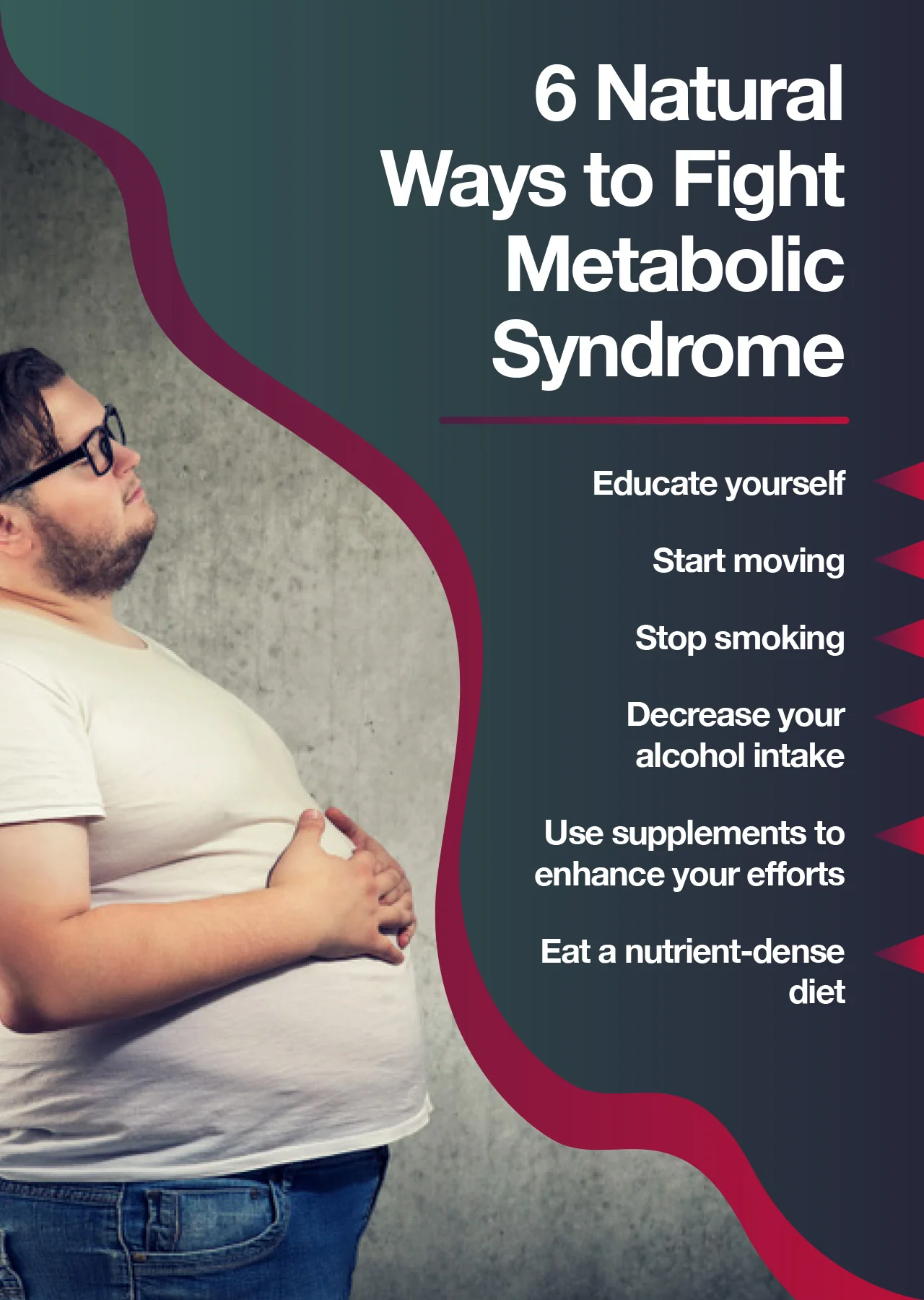Ready to reverse it all and get back on top of feeling your best? Step up that self care routine that you lived when you last felt your best. Change it up! Step up your best self care!
If aggressive lifestyle changes such as diet and exercise aren’t enough, your doctor might suggest medications to help control your blood pressure, cholesterol and blood sugar levels. And always- feel free to schedule with us here at Well Medical Center PC where we are happy to play coach to your quarterback! We can help to get you back on track!

